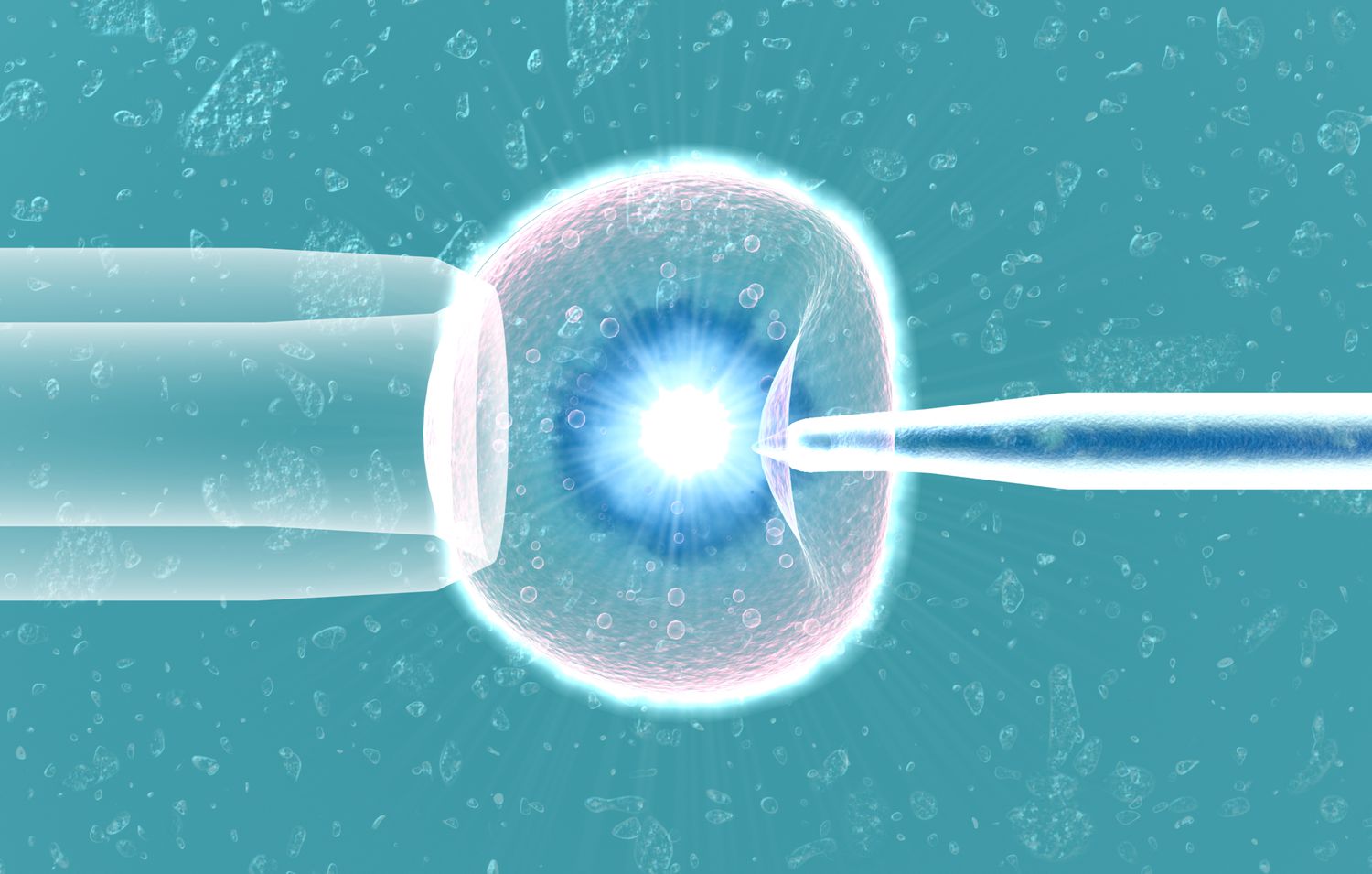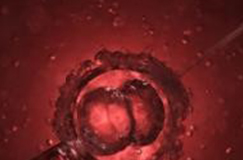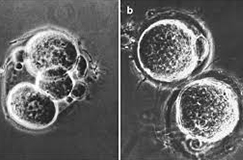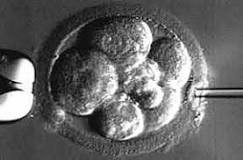Tanwir Ahmed Medical & IVF Center
- UAN: +92-304-111-8263
- WhatsApp: +92-328-4128363
- E-mail: info@tamc.com.pk
- Address: 27-C III, Gulberg III, 2nd Floor, Lahore, Pakistan
Follow us
AH
AH
AH
AH
Opening Hours
Monday - Tuesday:9am - 5pm
Wednesday - Thursday:9am - 5pm
Friday - Saturday:9am - 5pm
Sunday:Closed

Assisted Hatching
Assisted Hatching
Assisted Hatching IVF
In vitro fertilization (IVF) failure is a frustrating experience for individuals and couples, and it is often caused by an embryo’s failure to implant in the uterus.
For women who have failed IVF or have a poor prognosis for IVF, the fertility doctor may recommend a technique known as assisted hatching.
How IVF works? Depending on a woman’s age, anywhere between 1 and 30 follicles, known as ‘recruits‘, will begin to develop in each menstrual cycle. Whatever her age though, only one of these developing follicles will dominate and ovulate at the level of the hormone FSH that a woman produces naturally.
With IVF, the goal is to keep the level of FSH constant, and thus to encourage more of the recruits to develop mature eggs, which are collected surgically under vaginal ultrasound guidance.



What Is Assisted Hatching?
After an egg is fertilized in the laboratory, the cells begin to divide. During these initial stages of development, the embryo is contained in a layer of proteins known as the zona pellucida. In order to successfully implant into the uterine lining, an embryo has to hatch out of the zona pellucida and attach to the walls of the uterus.
Assisted hatching is a newer lab technique that was developed when fertility experts observed that embryos with a thin zona pellucida had a higher rate of implantation during IVF. With assisted hatching, an embryologist uses micromanipulation under a microscope to create a small hole in the zona pellucida. This happens on the fourth day of embryo development when the embryos contain an average of six to eight cells.
The embryos are stabilized by a holding pipette, and on the opposite side, a small pipette containing an acidified solution creates a small defect in the zona pellucida. The embryos are then rinsed to remove any excess acid solution and returned to the incubator for a few hours before transfer into the uterus.
Who Should Use Assisted Hatching with IVF? Assisted hatching is thought to be helpful for couples with a poor prognosis whose embryos are thought to lack sufficient energy to complete the hatching process.
Assisted Hatching may be indicated for women with:
- advanced maternal age (older than 38)
- two or more failed IVF cycles
- poor embryo quality

